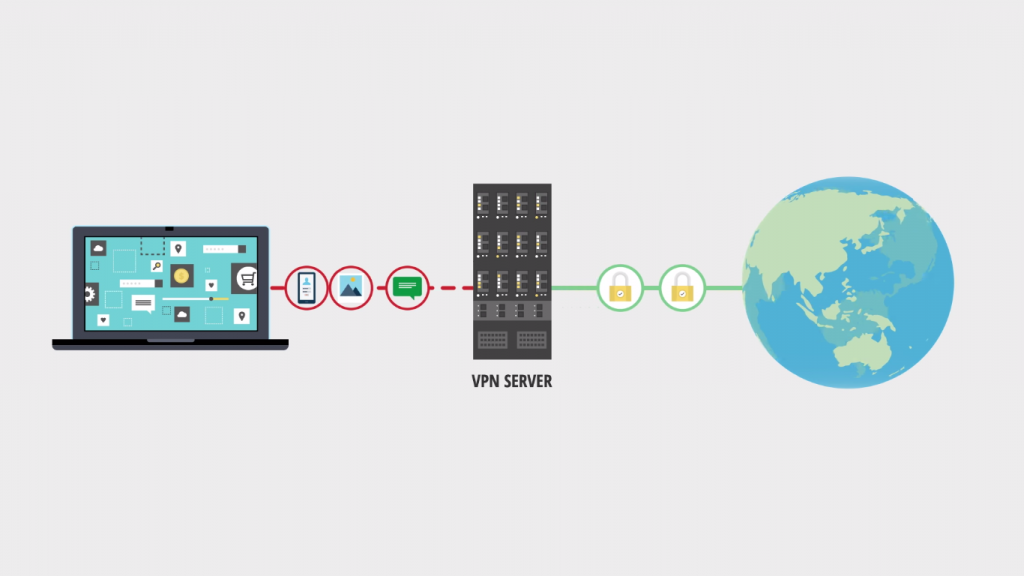
VPNs and online casinos
The pros and cons of using a VPN when playing at an online casino.
Virtual private networks (VPNs) have grown in popularity in recent years. Their roots date back to Microsoft’s creation of the peer-to-peer tunneling protocol (PPTN) in 1996. However, the technology only became hugely popular when smartphones became commonplace and the use of the internet in everyday life skyrocketed.
According to recent statistics, 31% of internet users have used a VPN service at least once, with the majority doing so via a mobile device.
What is a VPN?

For the unfamiliar, a VPN is a service that redirects your data by creating a virtual tunnel that hides your IP address and the information you send over the internet. In this way, a VPN prevents companies, hackers and government agencies from finding out what you’re looking at while browsing the world wide web and from where.
This means you can surf the digital realm while enjoying complete anonymity.
VPN services allow you to mask your physical location, giving the impression that you are accessing websites from a different region to the one you are in.
Given that online gambling regulations are so varied, this technology allows players to bypass geographical restrictions and enjoy platforms and games that would otherwise not be available to them.
Doing so violates the terms and conditions of the operators that were put in place so that they could legally operate their business. For fear of interfering with a country’s laws and possible prosecution, operators and game providers introduce geoban for players from these regions. However, players in countries where online gambling is legal choose to use VPN services for other reasons too.
Advantages of using a VPN for gambling
The number of companies that offer VPN services today is huge. However, not all of them are equal in terms of quality or the number of locations they can emulate.
Masking your IP address is beneficial if you want to claim a bonus only available to players from a particular country. All you have to do is select your desired location from the site’s server list, and the next time you open the destination platform, it will offer all offers aimed at players from the selected location. The same goes for unlocking restricted games.
For example, NetEnt makes high-end reel-spinners, but this Swedish provider is also known for placing strict geographical restrictions on its titles. Using VPN software may be the only way to enjoy NetEnt products such as Starburst or Gonzo’s Quest.
Regional restrictions aside, the main motivation for using a VPN when gambling is the extra layer of protection that such networks offer.
They increase online data protection by hiding your IP address and make WLANs relatively risk-free. This minimises the chances of outside attacks, allowing you greater peace of mind when betting online.
Disadvantages of using a VPN for gambling

VPN services cost money. Yes, there are free plugins, but you need to be careful as some have been part of data mining scandals. Plus, they are likely to bombard you with ads and sell your bandwidth.
Therefore, if you want to play casino games for real money while masking your location, you will have to pay between $10 and $13 per month to a reputable VPN provider. Lower-end services can’t get around the security measures that some companies have in place to deny known VPN IP addresses access to their platforms.
Know that when this software is enabled, because of all the routing data to foreign servers, the process will slow down your internet speed significantly. You may also often experience connection loss issues, which will interfere with gameplay.